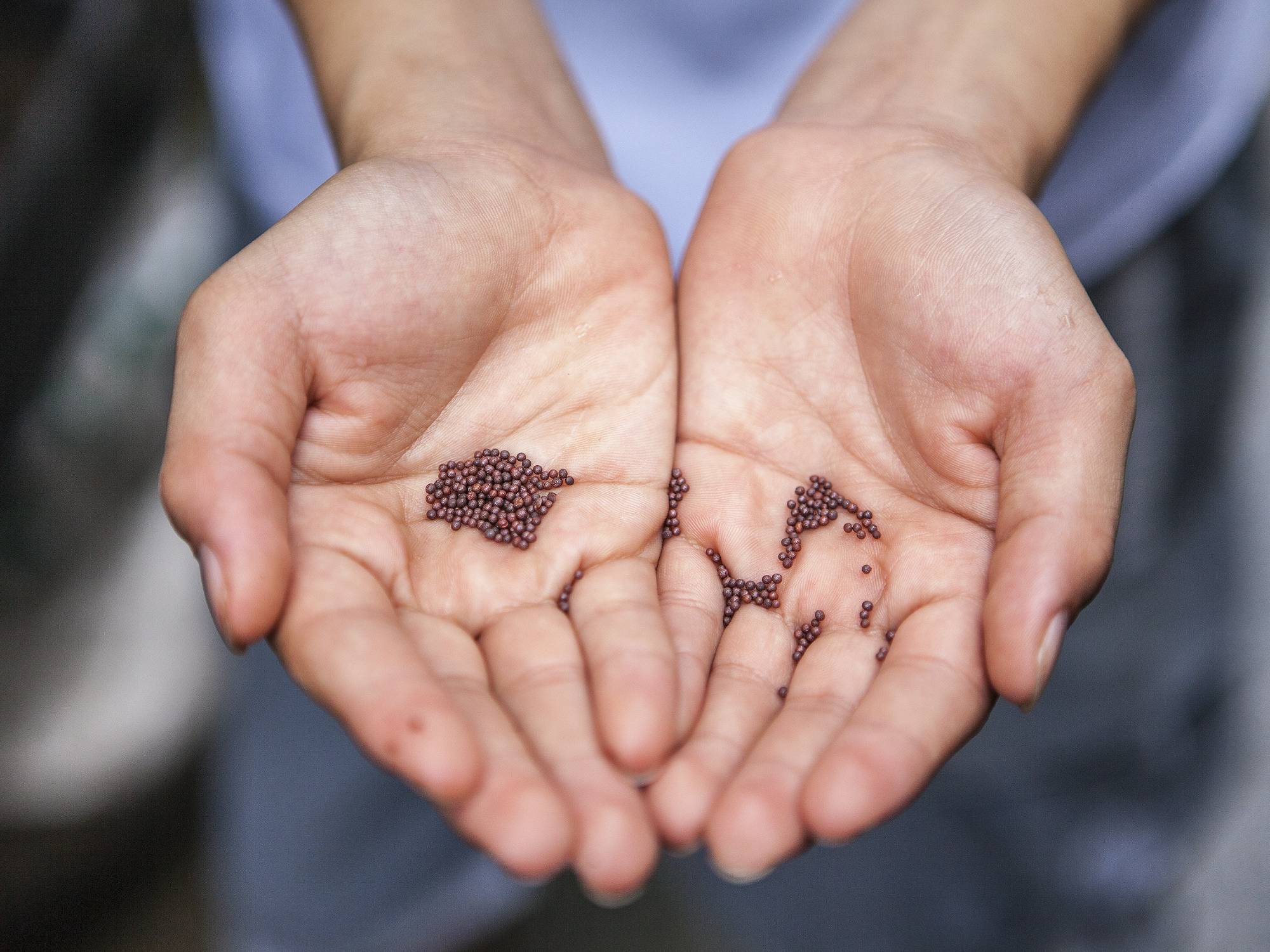
Nearly 50 years ago I drove through France where I experienced idyllic rustic evenings and a blue sky above the horizon. The agronomic engineer driving me looked with concern at the size and strength of the stems of wheat: “Look! By this time the wheat should be bigger and, above all, stronger. We will have serious harvest problems. The shift to heavily chemically-dependent monoculture is destroying and fertilizing soils, and we’ve reached the point where the only way out is a suicidal leap forward. A few years from now this dependence will disable agriculture, and farmers will become slaves to multinationals for seeds, fertilizers, pesticides, herbicides, and more. They will be in debt up to their necks to pay for them and will have to rely only on government subsidies to survive.”
30 years ago, in Andalusia, I bought from a producer a 30 kg bag of carrots for the equivalent of just over €3. They were bagged in heaps on a “mountain” climbed by tractors that had dumped them, as if in a sanitary landfill. In this area, a sea of plastics covered what used to be a small, traditional agricultural utilisation. Wise decision-makers from the top of their towers to which the common mortals look as if they are seeing modern gods, had persuaded the peasants of the benefits of producing carrots, which would be exported to all of Europe with great benefits, provided they used the most beneficial, modern, agricultural techniques; and the farmers would be helped by generous subsidies and loans. Once traditional structures had been duly corrupted and farmers eventually indebted to the lenders, new directives limited the export of carrots and converted the production into greenhouses for flower production with the same enthusiasm, joyfully accumulating new supports and new debts, part of which to compensate the previous ones with “soft” loans that engaged the farmers up to third generation.
I’ve lived in the Algarve for more than 10 years, where water scarcity has become a problem, less for proliferous and arid avocado crops, but to soak the soil for golf courses. It gives me a certain pleasure to see farmers claiming funds for the conversion to organic farming and I hope the humility of their ancestors awakens them from their subservience. Conversion, soil rehabilitation, and water management, are all things that look great on paper, but find some difficulty filling out the spreadsheets where anonymous investors easily slip in by promoting big profits, if only for the duration of a legislature.
Finally, I confess my pet hatred for the industry that made a fortune in world wars selling lethal gases with a demonic intention of subsequently turning them into post-war agricultural products. Yesterday, as today, the argument is the same: yesterday was to purify the race to create a “bright” future for humanity; today, to ensure food for all. Yesterday, a race with the natural right to enslave the world by force; today, an oligarchy with the natural right of enslaving the world by hunger.
Edited from the French by A Harris. See the original on Facebook.


Leave a Reply